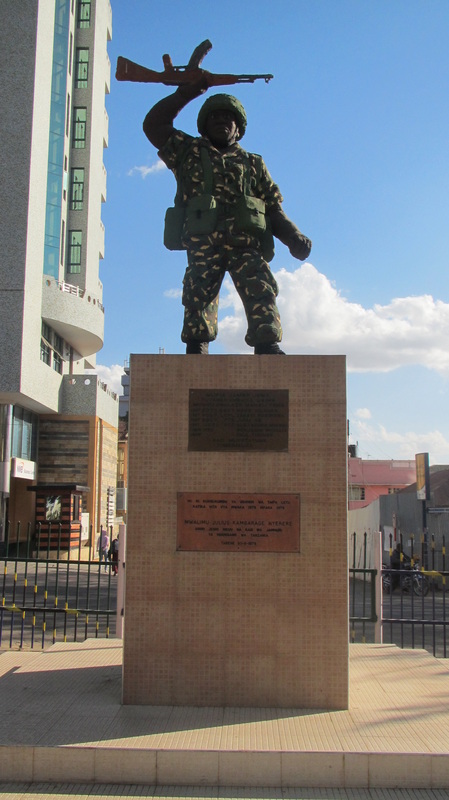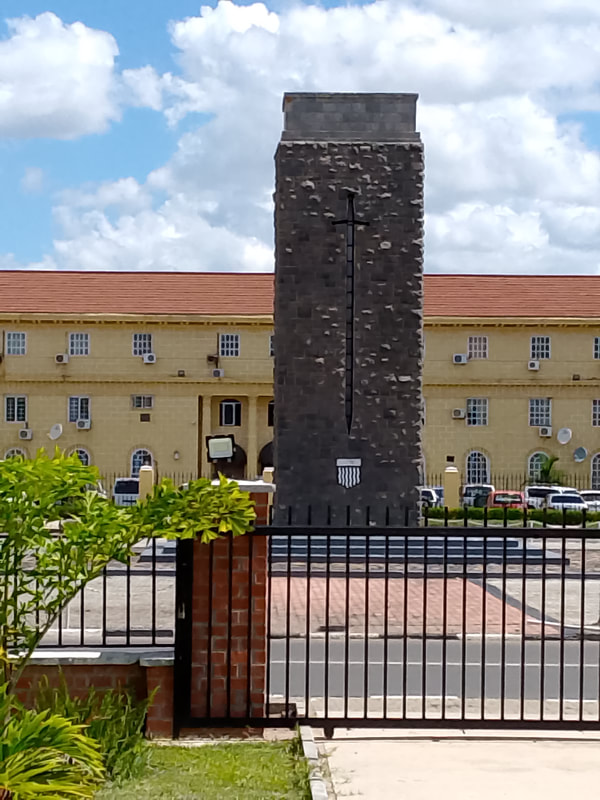Couched in much different language than Bush's "for us or against us" and "axis of evil" speeches after 9/11, and embedded in language of support for the UN, rules, and multilateral action, the President's message specifically on development did not, ultimately, differ significantly from those of JFK, Nixon, Clinton, or even Bush. However, the new reorganization and upliftment of Development in Washington underscored the overall tone and forthrightness of this president, one who resonates much stronger internationally than his predecessor. His voice on development also carries more weight given the drawdown in Iraq, his intensive focus on the Middle East, and even his African heritage. His language reflects the same American values of liberty and opportunity but within a much more acceptable framework of global peace and prosperity. There have not been any noticeable shifts in the developmental institutions that Obama inherited from Bush: MCC continues as does PEPFAR and Africom. But change is coming in terms of overall strategy and coherence, targetting of resources to countries meeting democractic, economic reform, and human rights expectations, and new initiatives.
A review of the history of US development thinking and implementation since the Marshall Plan illustrates too many examples of new initiatives and strategic reorganizations to become too hopeful. Exporting democracy, good governance, and liberal capitalism remains an elusive aim. During the Cold War security issues often overrode development and human rights concerns. There is evidence that the War on Terrorism continues that same trend (e.g., worrying Ethiopian trends). Overall, this is a laudable Obama initiative in an international policy area where some bipartisan support will be forthcoming. But both the ideas underpinning development and the political and bureaucractic realities of Washington--not to mention developing countries--precludes this initative from having the real impact on the ground that the administration, presumably, expects.



 RSS Feed
RSS Feed
